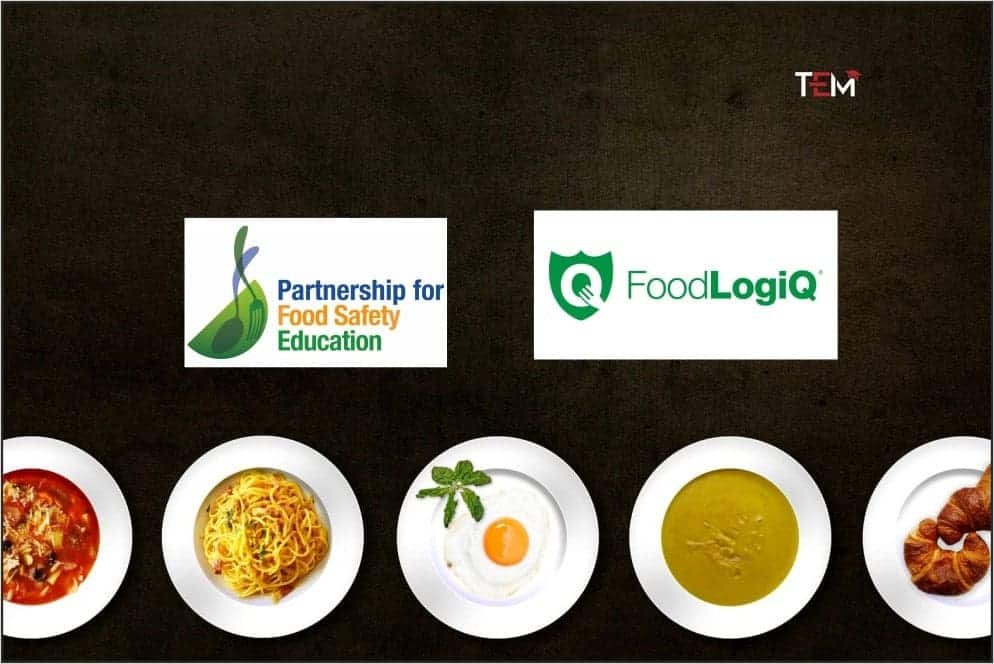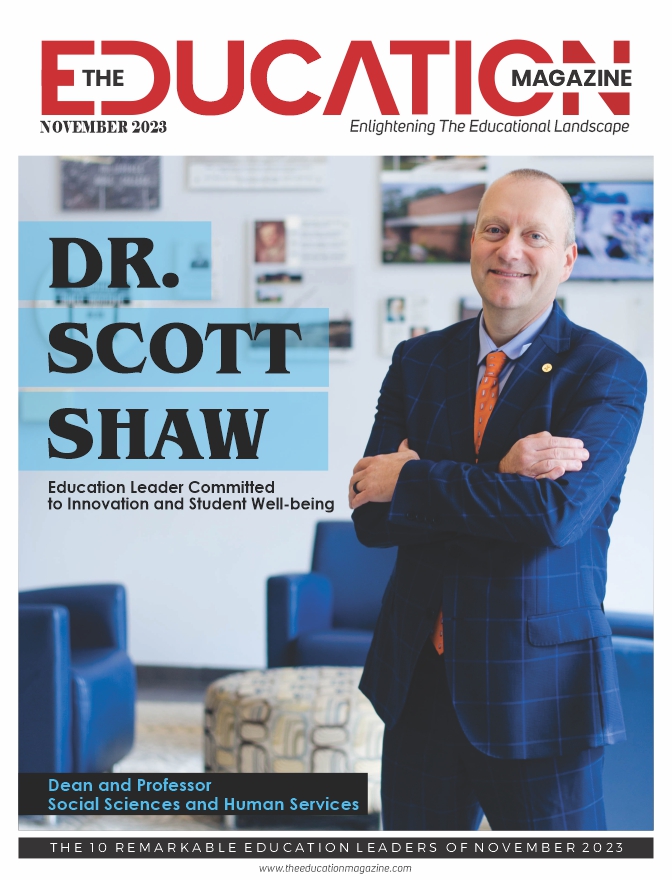The partnership is focused on consumer food safety education
FoodLogiQ, the leading SaaS provider of traceability, food safety, and supply chain transparency solutions, today announced it has become a contributing partner of the Partnership for Food Safety Education, a public-private collaborative that is the only nonprofit in the U.S. focused on consumer food safety education.
Partnership for Food Safety Education supports an active network of 13,000 health and food safety educators called ‘BAC Fighters!‘ by making their work more visible, collaborative, and effective. These BAC Fighters are connecting each year with an estimated 8.5 million consumers helping them to protect their health through safe food handling and hand hygiene.
Food safety
Statistics show that the need for consumer education is a critical issue. The U.S. Centers for Disease Prevention estimates that 48 million Americans become ill due to foodborne illness each year. Of those, more than 128,000 are hospitalized, and 3,000 die. Researchers have identified more than 250 foodborne diseases, most of which are infections caused by a variety of bacteria, viruses, and parasites. Those most susceptible to foodborne illness include pregnant women, young children, older adults, and people with immune systems weakened from medical conditions, such as diabetes, liver disease, kidney disease, organ transplants, HIV/AIDS, or from receiving chemotherapy or radiation treatment.
As a contributing partner of the Partnership for Food Safety Education, FoodLogiQ commits to not only supporting the Partnership’s education efforts, but also to be a thought partner through collaboration with 27 other partners and federal liaisons including the FDA, CDC, and USDA.
Katy Jones, FoodLogiQ’s Chief Marketing and Strategy Officer stated, “Our decision to participate in the Partnership for Food Safety Education is a natural extension of our mission. FoodLogiQ maps the world’s food chain, we make it as safe as possible, and we empower people to make informed decisions about the food they eat. Part of that empowerment involves educating consumers on food safety best practices, which has been shown to help reduce the rate of foodborne illness in the U.S. We’re pleased to be a part of this collaborative approach alongside other global food industry leaders.”













